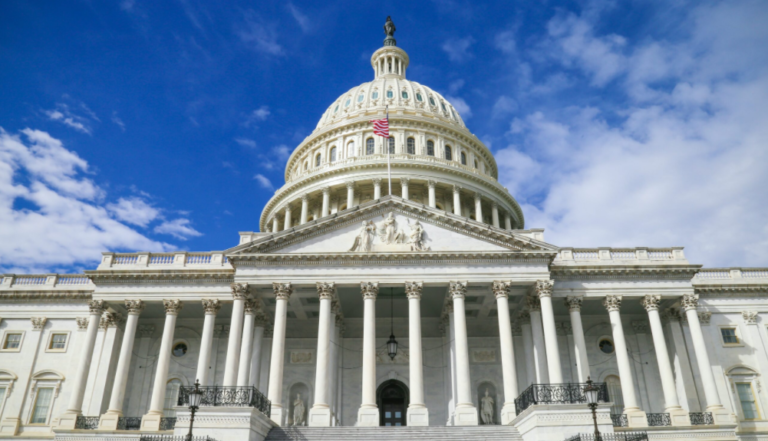
Statement can be attributed to Democracy North Carolina Executive Director Tomas Lopez:
What we are witnessing at the United States Capitol is an attempt to invalidate the outcome of a free and fair election, and subvert representative government through violence and intimidation. It is the result of years of attempts to undermine democracy itself by limiting its reach, questioning its value, and attacking the truth on which popular rule relies.